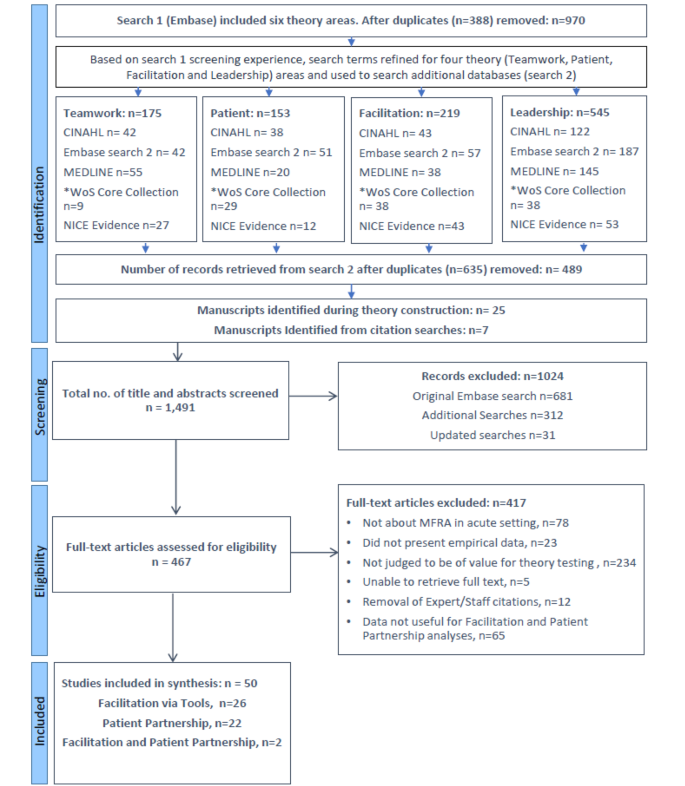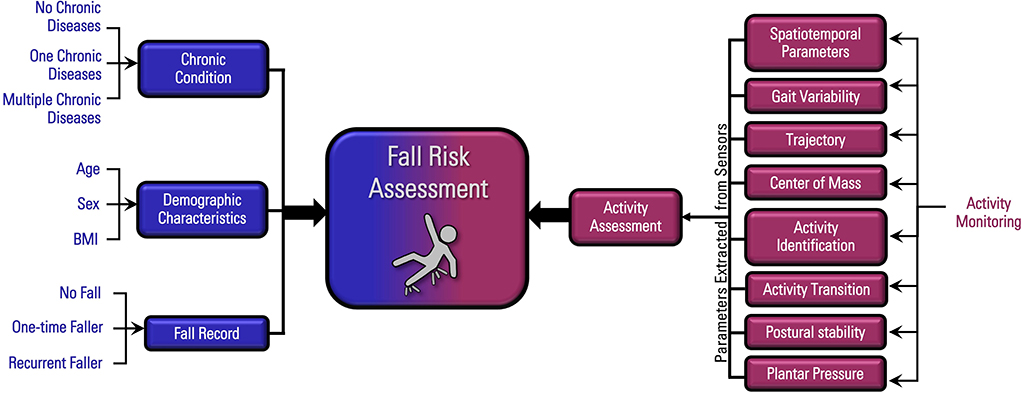4 Easy Facts About Dementia Fall Risk Described
Table of ContentsMore About Dementia Fall RiskLittle Known Questions About Dementia Fall Risk.See This Report about Dementia Fall RiskThe Best Strategy To Use For Dementia Fall RiskDementia Fall Risk Things To Know Before You Get This
You might be nervous because you have actually had a loss prior to or because you've discovered you're beginning to really feel unsteady on your feet. You could have seen modifications to your health and wellness, or simply seem like you're reducing a little. Whatever the reason, it isn't unusual to become cautious and shed self-confidence, and this can stop you doing the important things you made use of to do and make you really feel a lot more isolated.If you have actually had a fall or you have actually started to feel unstable, inform your physician also if you feel fine or else. Your doctor can inspect your balance and the means you walk to see if enhancements can be made. They might have the ability to refer you for a drops risk evaluation or to the falls prevention solution.
This information can be obtained through interviews with the individual, their caregivers, and a testimonial of their clinical records. Begin by asking the specific concerning their background of falls, consisting of the regularity and conditions of any kind of recent falls. Dementia Fall Risk. Inquire about any flexibility issues they might experience, such as unsteady or trouble walking
Conduct a detailed testimonial of the individual's medications, paying certain attention to those known to enhance the risk of falls, such as sedatives or medications that reduced blood pressure. Identify if they are taking multiple medicines or if there have been current adjustments in their medicine routine. Assess the person's home setting for potential hazards that might increase the risk of falls, such as inadequate illumination, loosened rugs, or lack of grab bars in the washroom.
The Definitive Guide to Dementia Fall Risk
Guide the individual with the loss danger assessment type, describing each concern and recording their reactions properly. Make certain that the individual understands the function of the evaluation and really feels comfy giving honest answers. Determine the overall danger rating based upon the feedbacks given in the assessment form. Figure out the person's danger group (reduced, tool, or high) based upon the complete rating and the existence of automated risky status elements.
On a regular basis keep track of the person's development and reassess their risk of drops as required. Supply continuous education and learning and assistance to advertise security and lower the danger of falls in their day-to-day living tasks.
Many studies have actually shown that physical treatment can aid to decrease the threat of dropping in adults ages 65 and older. In a brand-new research study (that looked look at here now at drops risk in women ages 80 and older), scientists calculated the economic influence of choosing physical therapy to stop drops, and they found that doing so conserves $2,144, including all the concealed costs of your time, discomfort, missed out on life occasions, and the bucks paid for solutions.
Our Dementia Fall Risk Statements
Evaluating your balance, stamina, and strolling capacity. A home security analysis. Based on the evaluation results, your physical therapist will design a plan that is customized to your certain requirements.
Older grownups that have trouble strolling and speaking at the same time go to a greater threat of dropping. Dementia Fall Risk. To assist raise your security throughout day-to-day tasks, your physiotherapist might create a training program that will certainly test you to keep standing and strolling while you do one more task. Instances include walking or standing while counting backward, having a conversation, or carrying a bag of grocery stores
Your physiotherapist additionally can recognize which activities you ought to stay clear of to remain secure. Community-based falls avoidance programs assist people to: Reduce their anxiety of dropping. Set goals for enhancing their physical activity. Make their homes safer. Work out much more to raise their stamina and balance. These programs often are led by volunteer trains.
Dementia Fall Risk Things To Know Before You Buy

Measles, or rubeola, is a very transmittable, intense viral contagious illness triggered by the measles infection. Some people think about measles as just a rash and high temperature that clears in a few days; nonetheless, measles can trigger severe health and wellness problems, especially in youngsters more youthful than 5-years-old. The finest defense against measles is the measles, mumps, and rubella (MMR) injection.
Loss are an usual source of injury Extra resources among older adults. According to the CDC, in one year alone, fall-related injuries contributed to over $50 billion in clinical expenses (Dementia Fall Risk). In healthcare facility setups, older grownups are at particularly high threat of drops since their minimized flexibility from being constrained to an area or bed.
Dementia Fall Risk for Beginners

She has a case history of seizure disorder and high blood pressure. She is receiving an IV mixture and taking Gabapentin and Lasix. She has no history of falls, her stride is consistent, and she nullifies without any concerns. The previous nurse states that she asks for assistance to the bathroom when she needs to go.
Examples of common loss interventions/measures include: Making sure a client's important products are within reach. Past understanding just how to use the Johns Hopkins Autumn Risk Analysis Tool, it's crucial that facilities incorporate its use right into a more detailed autumn prevention strategy.